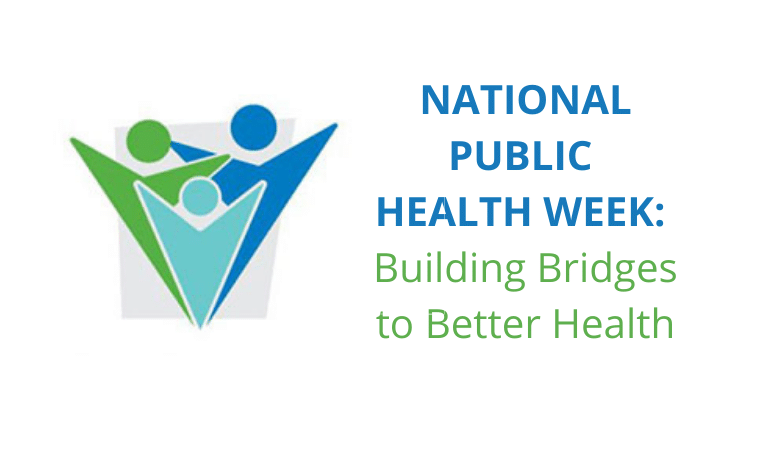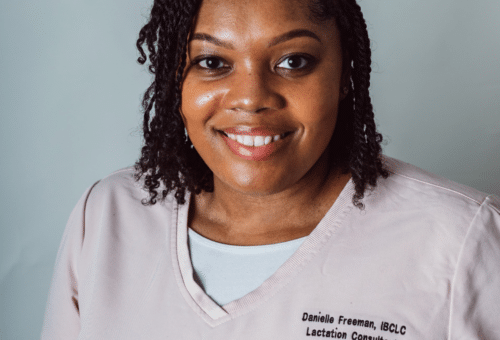Each year National Public Health Week, celebrated the first full week in April, explores, honors, and educates about some dimension of public health by looking at science, action, health, and justice. This year’s theme is Building Bridges to Better Health.
In milk banking, our bridge to better health is called bridge milk. Sometimes, for one of many reasons, a mother has difficulty in the first few days bringing in a full milk supply. Bridge milk is a few days of donor milk that can help.
Science
Research over the last several decades has shown us that use of donor milk supports mothers to breastfeed their own babies. This research was first done in NICUs. As the use of donor milk has expanded to well-baby and late preterm units, research has moved with it.
Hospitals’ use of donor milk sends a very powerful message to patients AND staff that breastfeeding and human milk are important: we, as a hospital, offering the highest standard of care, value both breastfeeding, and when necessary, human milk feeding.
Clinical and scientific research of the last century have demonstrated the importance of breastfeeding and use of donor milk for the growth and health of babies of all sizes. Now we have research showing us that use of donor bridge milk also supports mothers’ ability to breastfeed their own babies.
Action
With the science we know, NICUs, well-baby, and late preterm units must each address how to use donor milk as breastfeeding support and not just a better supplement. Donor milk is a jump start on breastfeeding support. Mothers deeply appreciate the gifts of other mothers—their milk, their time, and their devotion to helping other babies. Recent research indicates that mothers in well-baby units see formula as long-term, but see donor milk as a temporary solution, on the way to their breastfeeding. How can your community’s hospitals, health care providers, and breastfeeding supporters capitalize on the power of donor milk to support ongoing breastfeeding for the new mothers in your care, in your orbit?
Health
We know from decades of research and millennia of experience that breastfeeding and human milk support the lifelong health of babies and mothers. We know that one bottle of formula affects an infant’s microbiome and can kick in allergies and sensitivities that will impact their health for a lifetime. One bottle of formula can also undermine a new mother’s confidence in her ability to nurse her baby.
Use of donor milk is designed to be a stopgap whenever possible, used to support a mother until she has a sufficient supply for her baby. Sometimes this takes a few days, and sometimes a longer bridge is needed. On rare occasions, a bridge is not sufficient and donor milk is needed long-term. As we learn to use donor milk effectively as a bridge for more mothers, as we dismantle barriers to breastfeeding, we are able to support the mothers and babies who need milk for longer periods.
Justice
Principles of justice tell us that basic needs—food, shelter, health care, education, protection—be accessible to everyone, regardless of income, location, race, nationality. We strive to be a just society, but we are not, yet. Disparities and barriers exist in all geographies and needs. The bridge to equitable access to breastfeeding care, including donor milk, is long and will take the efforts of many to overcome.
There are many bridges to better health, all of them interconnected. Our work on bridge milk to support breastfeeding will strengthen and bolster all the other bridges needed for better health for all. National Public Health Week is an opportunity to rededicate ourselves to our work and to see ourselves among the many bridges to better health for all.









